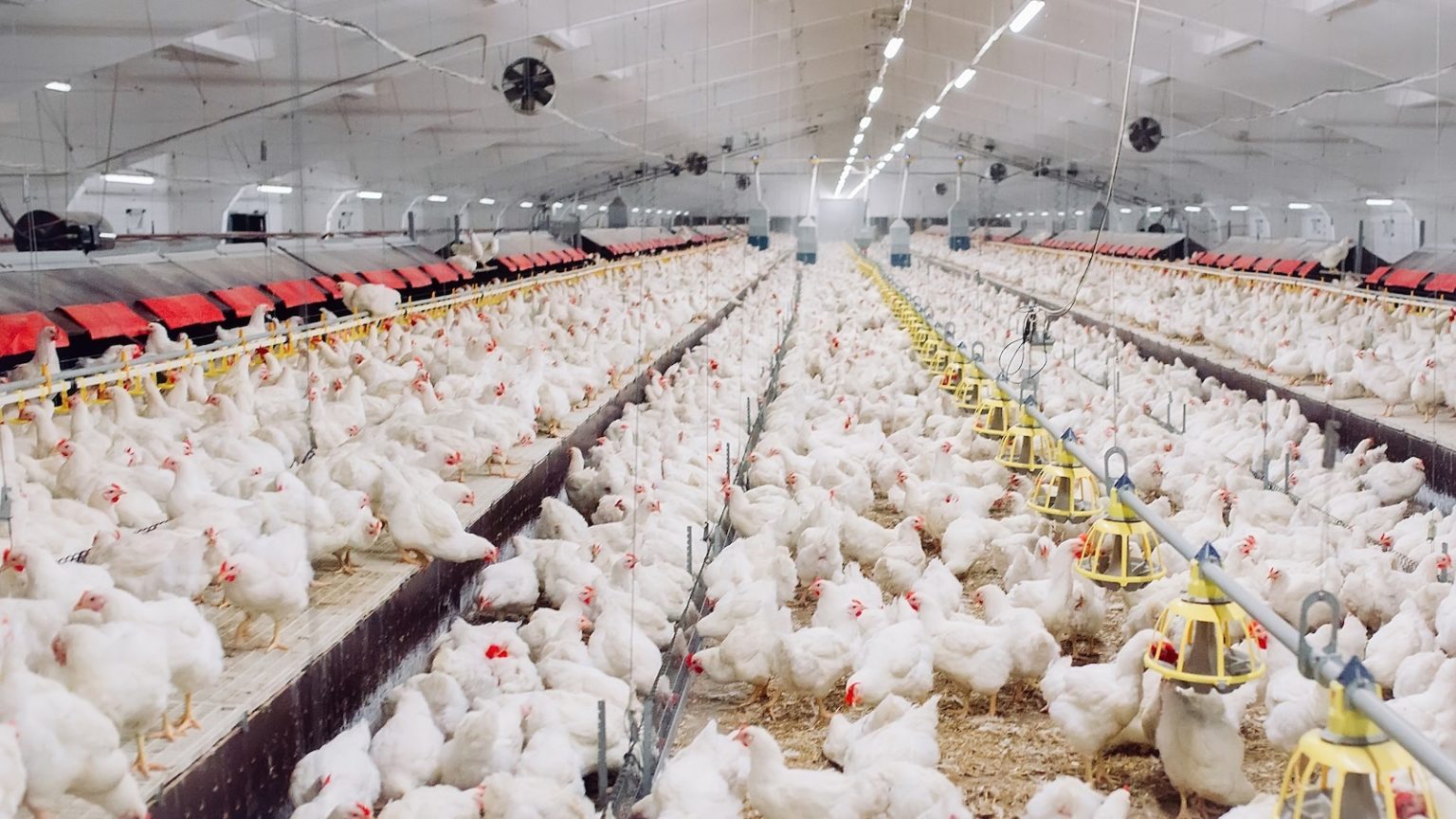Bird Flu Outbreak Hits Major US Egg Producer, Raising Concerns About Egg Prices and Public Health
A Major Outbreak at Rose Acres Farms
One of the largest egg producers in the United States, Rose Acres Farms, recently confirmed that one of its farms tested positive for highly pathogenic avian influenza (HPAI), commonly known as bird flu. The outbreak occurred at the Cort Acre Egg Farm in Seymour, Indiana, and was disclosed in a statement released by the company on Tuesday. Rose Acres Farms, which claims to be the second-largest egg producer in the country, emphasized that it is working closely with local and federal authorities to contain the spread of the virus and protect both animal and human health.
The company stated that it is collaborating with the Indiana State Board of Animal Health and the state veterinarian to implement best practices and monitor all its facilities. The risk of the virus spreading to other birds, including migratory waterfowl, backyard poultry, and commercial flocks, is considered high. However, the company reassured the public that the risk to people remains low. The Indiana State Board of Animal Health is actively monitoring the situation, while the U.S. Department of Agriculture (USDA) is overseeing animal infections, and the Centers for Disease Control and Prevention (CDC) is tracking any potential human cases.
The Broader Impact on the Egg Industry and Consumers
The bird flu outbreak at Rose Acres Farms is part of a larger trend affecting poultry farms across the United States. The USDA has warned that egg prices could rise by up to 20% this year due to a shortage of eggs caused by the spread of avian influenza. When a farm detects bird flu, all infected poultry must be culled, and their eggs destroyed to prevent further spread. This has led to a significant reduction in the nation’s egg supply, putting pressure on the market and consumers.
The situation is further complicated by unusual factors, such as the detection of avian flu in dairy cattle and shifts in migratory bird patterns due to extreme weather events. These changes are believed to be contributing to the spread of the virus. As a result, egg farmers and producers are facing unprecedented challenges in maintaining production levels while safeguarding their flocks.
Bird Flu and Human Health: What You Need to Know
While the risk of bird flu to humans is low, the virus has been detected in a small number of people in the United States. According to the CDC, as of Monday, there have been 67 confirmed human cases of avian influenza across 10 states since April 2024. Most of these cases have been mild, with patients fully recovering. However, one death has been reported—a Louisiana resident over the age of 65 with underlying health conditions.
The CDC and other public health officials have reiterated that there is no evidence of human-to-human transmission of the virus. The majority of human cases have been linked to individuals who work directly with poultry or dairy cattle, such as farmworkers or veterinarians. Despite the low risk to the general public, health officials are urging caution and continued vigilance to prevent any potential spread.
A Global Perspective on Avian Influenza
The bird flu outbreak in the United States is not an isolated incident. Avian influenza is a global health concern, with outbreaks reported in numerous countries. The virus is typically spread through contact with infected birds, their droppings, or contaminated surfaces. Migratory birds, in particular, play a significant role in carrying and spreading the virus across regions.
In recent years, climate change has been implicated in altering migratory patterns, potentially increasing the risk of avian influenza outbreaks. Extreme weather events and changes in temperature and habitat may drive birds to new areas, exposing domestic poultry and human populations to the virus. This highlights the importance of international collaboration and preparedness in addressing the threat of zoonotic diseases—those that can jump from animals to humans.
Conclusion: Navigating the Crisis Responsibly
Rose Acres Farms and other egg producers are at the forefront of this crisis, working tirelessly to safeguard their operations and prevent further spread of the virus. The company’s commitment to animal stewardship and high-quality egg production is being tested like never before. While the immediate focus is on containing the outbreak and protecting public health, the long-term implications for the egg industry and global food security cannot be ignored.
For consumers, the rise in egg prices serves as a stark reminder of the fragility of the food supply chain. Yet, even as concerns grow, the message from health officials is clear: the risk to humans remains low, and no widespread panic is warranted. By staying informed, supporting affected farmers, and adhering to public health guidelines, Americans can navigate this crisis responsibly and with confidence.















